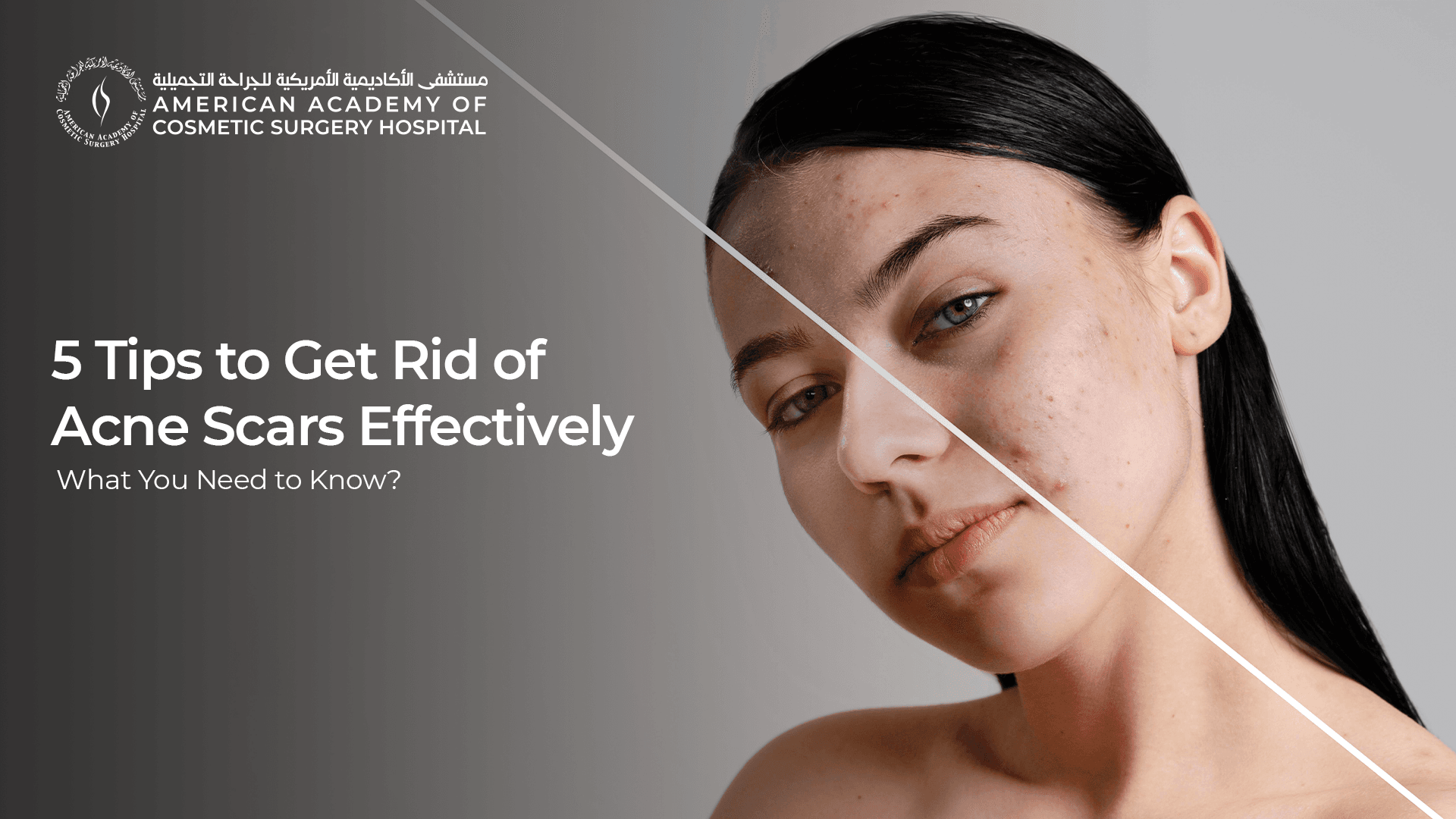Hormones play a fundamental role in our bodies, acting as chemical messengers that regulate various physiological processes. From growth and metabolism to mood and reproductive functions, hormones influence nearly every aspect of our health. Understanding how these powerful substances work can help us make better health choices and manage changes that occur throughout life.
As we progress through different life stages, our hormonal balance shifts. Puberty, pregnancy, and menopause are key periods of significant hormonal changes. These fluctuations can have profound effects on our bodies, impacting everything from our energy levels and mood to our skin and hair health. Recognising these changes and understanding their effects can help us prepare and adapt as we grow older.
In addition to natural life stages, external factors like stress, diet, and lifestyle choices can also influence our hormone levels. Hormonal imbalances can lead to various health problems, but there are ways to manage and mitigate these issues. Knowing the signs of hormonal imbalance and seeking appropriate medical advice can ensure we maintain optimal health and well-being. This article explores how hormones change your body, their impact on skin and hair, and offers tips on managing hormonal imbalances effectively.
Hormones are chemical messengers produced by glands in the endocrine system. They travel through the bloodstream to tissues and organs, controlling many vital functions. Each hormone has a specific role. For example, insulin regulates blood sugar, while thyroid hormone affects metabolism.
Hormones work in a delicate balance. When this balance is disrupted, it can lead to health issues. Too much or too little hormone production can cause disorders like diabetes, weight gain, or mood swings. Understanding how hormones function helps us appreciate their impact on our daily lives.
There are different types of hormones, including steroid hormones like oestrogen and testosterone, which are involved in reproductive functions, and peptide hormones like insulin and growth hormone, which regulate metabolism and growth. These hormones interact with receptors in our cells, triggering specific biological responses. Knowing these roles can help us understand symptoms of hormonal imbalance and the importance of seeking medical advice.
Hormonal Changes During Different Life Stages
Hormonal changes happen at various stages of life, impacting our bodies in unique ways. During puberty, the body produces more sex hormones, leading to physical transformations like growth spurts, development of secondary sexual characteristics, and changes in mood.
In adulthood, hormones continue to influence our health. For women, this includes menstrual cycles, pregnancy, and menopause. Each stage involves shifts in hormone levels that can affect energy, mood, and physical wellbeing. During pregnancy, hormones support the growing foetus and prepare the body for childbirth, but they can also cause morning sickness and fatigue.
Men experience changes too, such as a gradual decrease in testosterone levels with age, affecting muscle mass, energy, and mood. Both men and women may notice hormonal impacts on metabolism and weight. Understanding these changes helps us prepare for and manage different stages of life more effectively, ensuring we stay as healthy as possible.
Impact of Hormones on Skin and Hair Health
Hormones significantly influence the health of our skin and hair. During puberty, increased levels of androgens can cause oily skin and acne. This occurs because androgens stimulate sebaceous glands, leading to more sebum production. For some, this hormonal surge can lead to more persistent skin conditions.
Hair health is also closely tied to hormones. Oestrogen promotes hair growth, giving many women fuller hair during pregnancy. Conversely, the drop in oestrogen levels during menopause can lead to hair thinning. For men, increased testosterone levels can contribute to male pattern baldness.
Hormones like cortisol, the stress hormone, can also affect hair and skin. Elevated cortisol levels can lead to hair loss and exacerbate skin conditions like eczema or psoriasis. Understanding these influences can help us take better care of our skin and hair during different hormonal phases.
How to Manage Hormonal Imbalances
Managing hormonal imbalances involves a combination of lifestyle changes and medical interventions. One key approach is maintaining a balanced diet rich in nutrients. Eating foods high in fibre, like fruits, vegetables, and whole grains, can help regulate hormone levels. Healthy fats, such as those from fish, avocados, and nuts, also support hormonal balance.
Getting enough sleep and managing stress are critical components. Lack of sleep can disrupt hormone production, leading to imbalances. Establishing a regular sleep schedule and practicing relaxation techniques can help maintain hormonal health.
For more serious imbalances, medical treatments may be necessary. Hormone replacement therapy (HRT) can be an option for conditions like menopause. Consulting an endocrinologist or healthcare provider for individualised treatment plans is crucial.
In addition, avoiding substances that can disrupt hormones, like excessive caffeine, alcohol, and processed foods, is essential. By adopting these strategies, we can manage hormonal imbalances and lead healthier lives.
Conclusion
Hormones are vital to our overall health, affecting everything from skin and hair to mood and metabolism. By understanding how hormones work and recognising their impact during different life stages, we can better navigate these changes and maintain our well-being. Whether through dietary choices, regular exercise, or medical assistance, managing our hormonal health should be a priority.
At AACSH, we specialise in stem cell treatments that can support your hormonal health and well-being. If you’re experiencing symptoms of hormonal imbalance or simply want to take proactive steps in managing your health, our team of experts is here to help. Schedule a consultation with us today and discover personalised solutions tailored to your needs.






